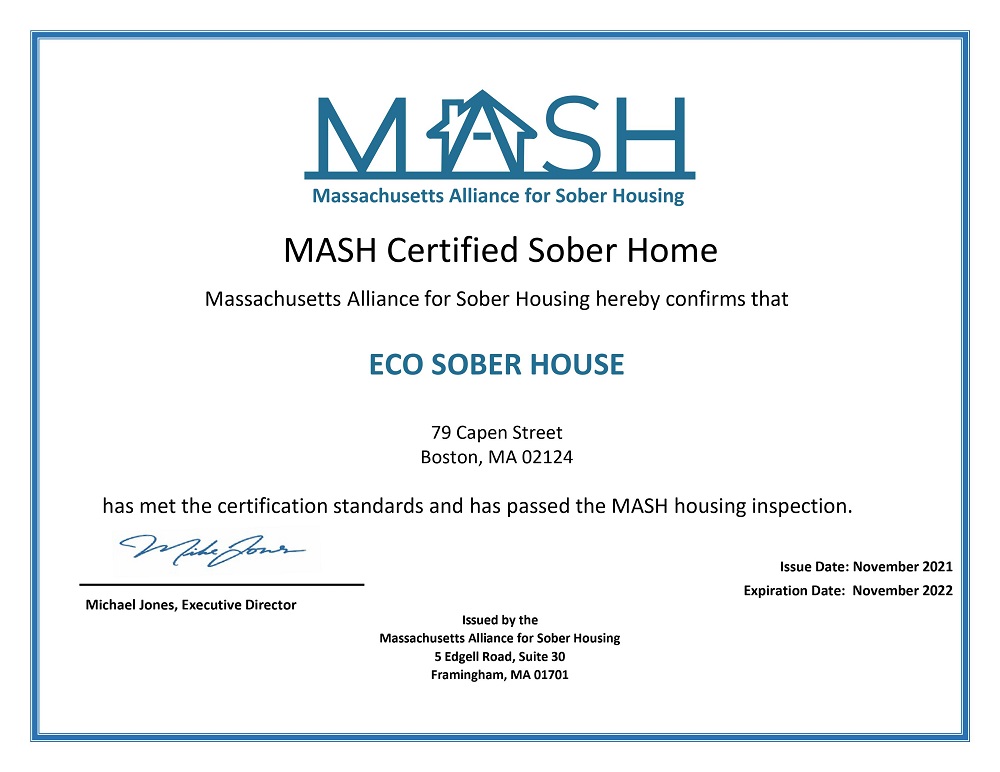One explanation suggests that alcohol may dilate blood vessels, inducing nasal congestion. Another theory proposes that alcohol’s dehydrating effect can dry out the nasal passages, leading to irritation and sneezing. Alcohol-induced sneezing can occur even without having an alcohol allergy. It is best to consult a healthcare professional for a proper diagnosis if you suspect an alcohol allergy.
Risk factors

If you have a stuffy nose but don’t experience other common symptoms, alcohol intolerance may not be the culprit. Beer and wine have high levels of histamine, and alcohol dilates the blood vessels in your nose. As a result, people with asthma are also more likely to experience nasal congestion after drinking alcohol.
It is also important to note that the “beer sneezes” are not a reliable indicator of intoxication levels, and drinking and driving can be dangerous. Histamine intolerance or sensitivity can make it difficult for the body to metabolize the histamines found in beer. As a result, the histamines can accumulate and trigger allergic symptoms. Red wines typically have higher histamine content than other alcoholic beverages, but beer also contains histamines that can affect susceptible individuals.
How to Lower Your Risk of Asthma and Allergy Symptoms?
These include proteins, enzymes, dairy products, molds, and ingredients used in the production of wine. In those with a serious wine allergy, a single milliliter of alcohol can trigger a reaction. When the immune system views something (an allergen) as a threat, it attempts to defend the body. When it does this, antibodies known as immunoglobulin E (IgE) react with cells to cause an allergic reaction. Seasonal allergies, also known as hay fever or allergic rhinitis, affect millions of people, causing discomfort and disrupting daily activities. If you react strongly to alcohol, but have a hard time reducing your drinking, Ria Health can help.
How Long Does Screw Top Red Wine Last Once Opened?
People with alcohol intolerance may also experience nasal congestion after drinking alcohol. Next to flushing, a stuffy nose is the most commonly reported symptom of alcohol intolerance. Your nose may run or feel congested, and some people also sneeze after drinking. If you find yourself sneezing after consuming specific alcoholic beverages, the culprit could be an allergy to certain ingredients can alcohol make you sneeze in those drinks.
Why does my nose get stuffy when I drink alcohol?
As you can imagine, this can turn quite dangerous if the dizziness is severe. If you experience this particular symptom, it’s important to seek medical advice before drinking alcohol again. Another common symptom you may experience is a stuffy nose or nasal congestion. This symptom can be similar to symptoms of Hay fever or seasonal allergies. The sneezing that some people experience after drinking red wine can also be due to an allergy. While rare, it is possible for a person to have an allergic reaction when exposed to the ingredients found in red wine such as histamines or sulfites.
The coldness can cause constriction and then reopening of blood vessels, creating sensations that trigger sneezing. This is an interesting physiological phenomenon, as the vessels in our noses become more reactive with alcohol moving through the bloodstream. If you’re out with friends, toasting with icy drinks, and find yourself sneezing, it might just be your body playing a role in temperature regulation. An allergy to wine is believed to be rare, though an intolerance to wine that impacts roughly 10% of people.

Some individuals may experience sneezing even after consuming small amounts. While there are no specific home remedies for alcohol-induced sneezing, individuals may find relief by using saline nasal sprays or performing nasal irrigation to soothe nasal passages. We have plenty of reasons on alcohol intolerances, allergies and what to do next. Our complete guide to Sudden Alcohol Intolerance is an excellent introductory resource to this condition. It could also be that alcohol has a natural side effect to make people congested. Alcoholic drinks have a natural vasodilatory effect which expands blood vessels.

Your body needs this enzyme to properly metabolize alcohol and eliminate it from the body, so there’s alcoholism nothing you can do to prevent or cure alcohol intolerance. An allergy is when your immune system has an unusual reaction to a substance, like dust or nuts. Alcohol intolerance is linked not to your immune system, but to your metabolic system. With alcohol intolerance, your body isn’t reacting to the presence of alcohol; it’s simply taking a long time to break alcohol down and flush it from the body. Specifically, people with alcohol intolerance don’t have enough of the enzyme aldehyde dehydrogenase 2 (ALDH2).
It’s generally advised to avoid drinking alcohol while taking allergy medicine. Alcohol can intensify the sedative effects of antihistamines, leading to drowsiness and potential impairment. Additionally, alcohol can increase the risk of certain side effects, such as nausea and dizziness. Wines, spirits on the rocks, and low-carb beer are often considered some of the least harmful alcoholic beverages. The impact of alcohol on your body and mind is largely determined by your drink choice and consumption amount. A 2019 study highlighted alcohol as a significant risk factor for liver disease, particularly cirrhosis.
Sneezing is https://takamoleg.com/2023/06/07/you-reached-the-last-stage-of-alcoholism-what/ your body’s natural reaction to irritation in your upper respiratory tract, especially your nose. If you regularly sneeze after eating, you might be wondering how something in your stomach can irritate your nose. Eating certain types of food or very large meals can both cause nasal irritation.
- Alcohol is metabolized by enzymes in your liver, which convert ethanol into acetaldehyde.
- If you’re sensitive to ingredients like barley or hops, this might also make you sneeze.
- By understanding this connection, you can make informed decisions about alcohol consumption and protect your health.
- Identifying specific triggers and making informed choices can contribute to a more pleasant and symptom-free experience.
For instance, some individuals may be sensitive to the sulfites present in wine or the hops in beer, resulting in an allergic reaction and subsequent sneezing. Beer contains histamines, which are produced by yeast and bacteria during the fermentation process. While true allergies to alcohol are rare, it is possible to have an allergy or sensitivity to specific ingredients in beer, such as grains, chemicals, or preservatives. These allergies or sensitivities can cause a range of symptoms, including sneezing, wheezing, hives, nausea, vomiting, diarrhea, abdominal pain, and in rare cases, even anaphylaxis.


